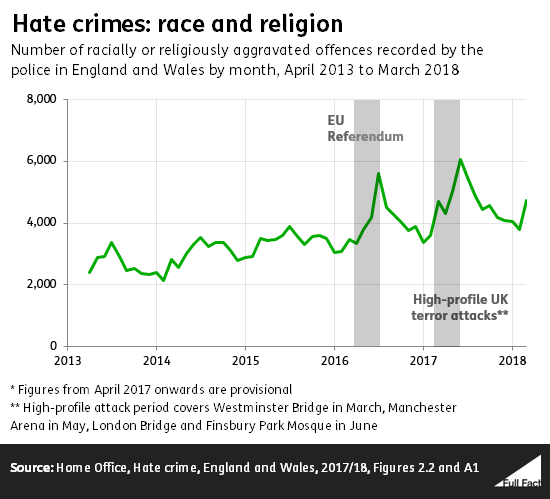I think that along with the public perception of Corbyn and his dismal popularity, the premiership of Tony Blair was perhaps the biggest reason why the 'red wall' fell as dramatically as it did last night. I was canvassing in seats in Greater Manchester and Durham, and New Labour was repeatedly pointed to as the reason for disillusionment with electoral politics. As you mention some of this will be down to his generally falling popularity post-2001 and Iraq. But I think equally if not more it is due to the understandable perception that New Labour let them down.
Moving away from anecdotal evidence, I just can't see how Blair's success can be replicated in today's political climate. In a purely practical sense, there'a not really a Blair-style leader currently in the Labour party. Yvette Cooper and Andy Burnham would probably be the closest two but I can't see either winning back leave seats in the North of England, Cooper barely kept her own seat. Also, Brown and Miliband showed that Blairism / centrism is usually not the golden ticket. I understand that the result yesterday will rightfully cause a lot of people to look at the 2017 election and gaining of 40% of the popular vote in a different light, but in a post-financial crisis, post-EU referendum political landscape I can't see how neoliberal centrism / enlightened pragmatism can result in electoral success.



